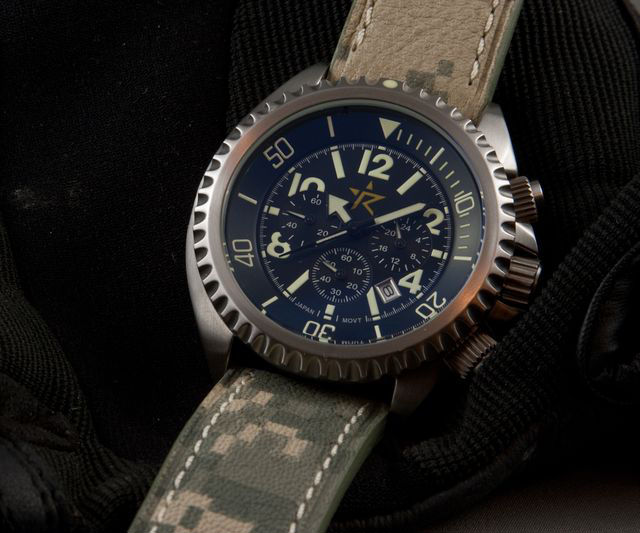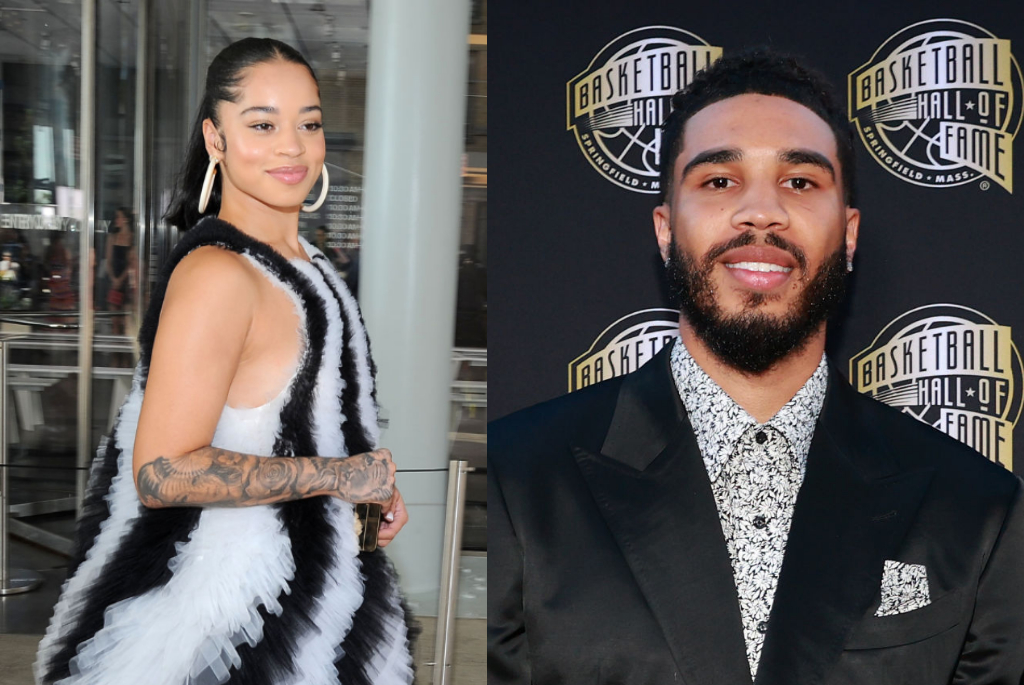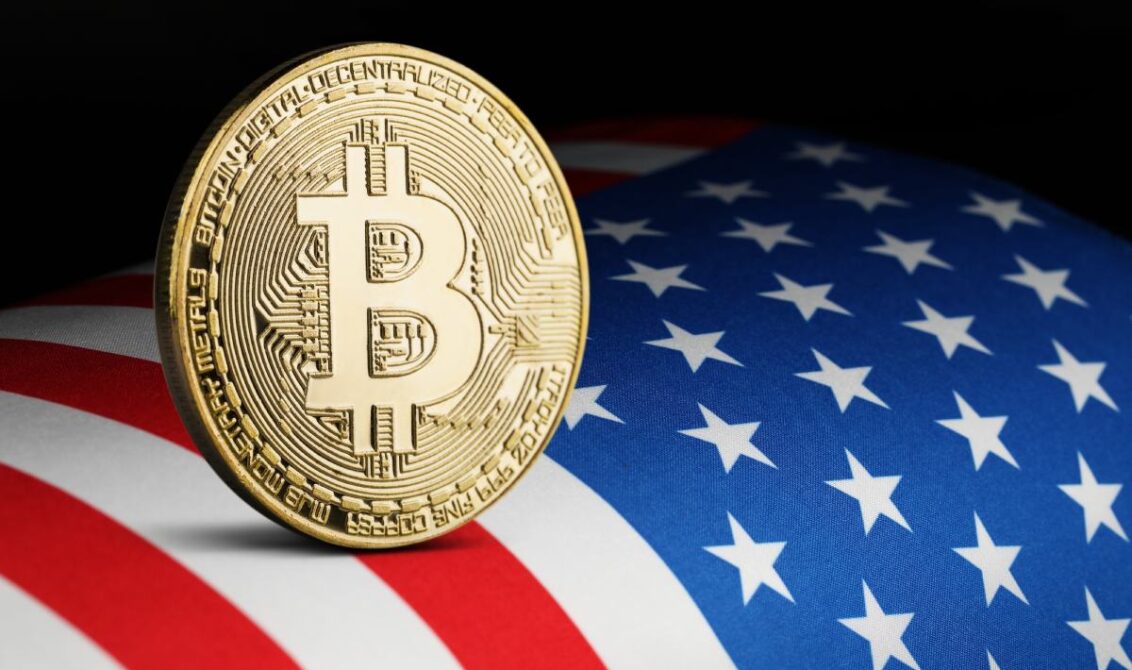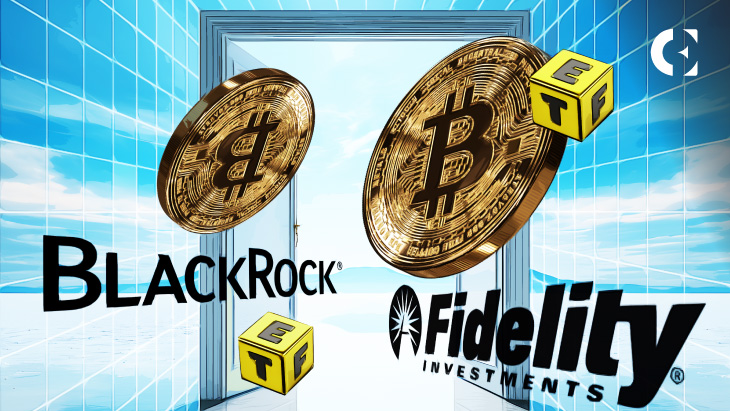The Case For Rogue: Avenger Or Mutant?

Table of Contents
Rogue's Mutant Abilities and Their Implications
Rogue's power, the ability to absorb the memories, physical abilities, and powers of others through physical contact, is arguably one of the most tragic and powerful in the Marvel universe. This ability, intrinsically linked to her mutant identity, has shaped her entire life, creating both incredible opportunities and devastating consequences.
The Nature of Rogue's Power Absorption
Rogue's power absorption isn't a simple energy transfer; it's a complete assimilation, often resulting in long-lasting effects. The longer the contact, the more significant the transfer.
- Relationships Impacted: Her power has profoundly impacted her relationships. The infamous incident with Ms. Marvel left her with Carol Danvers's powers and memories, permanently altering both their lives. Her complicated relationship with Gambit showcases the challenges of intimacy with her power.
- Ethical Implications: The ethical implications of her power are immense. Is it justifiable to absorb someone's life force, even in self-defense? Rogue consistently grapples with this moral dilemma.
- Unstable Nature: Her powers aren't perfectly controlled. Accidental touches can have catastrophic effects, leaving Rogue feeling guilty and isolated. This lack of control contributes significantly to her internal struggles.
The Mutant Community and Rogue's Identity
Rogue's mutant identity has always been a source of both strength and struggle. While she finds kinship with other mutants, she often feels like an outsider, a consequence of the unpredictable and often destructive nature of her abilities.
- Relationships with Mutants: Her relationships with Gambit, Mystique, and other X-Men, often demonstrate both acceptance and rejection. While Gambit understands her struggle, others are wary of her power.
- Plot-Central Identity: Rogue's mutant identity is often central to storylines, highlighting the prejudice and discrimination faced by mutants, and her internal battles with acceptance and belonging.
- Feeling Like an Outsider: Even within the relatively accepting environment of the X-Men, Rogue struggles with feelings of isolation and fear of hurting those she cares about.
Rogue's Aligning with the Avengers: A Case for the Human Side
While Rogue's powers are undeniably mutant-based, her actions and moral compass often align with the heroic values championed by the Avengers.
Rogue's Moral Compass and Heroism
Despite her struggles, Rogue repeatedly demonstrates self-sacrifice and compassion.
- Selfless Acts: Numerous instances show Rogue putting herself in harm's way to protect others, even if it means risking her own well-being or further destabilizing her own powers.
- Moral Ambiguity: While often driven by a strong sense of justice, she also grapples with moments of moral ambiguity and internal conflict, making her a relatable, complex hero.
- Control for the Greater Good: Rogue constantly strives to control her powers and use them for the greater good, demonstrating a heroism that transcends the simple application of her powers.
The Avengers' Acceptance and Support
The Avengers might offer a different kind of acceptance and understanding than the X-Men.
- Dynamic Comparison: The Avengers, with their diverse roster, potentially offer a more inclusive and understanding environment, less focused on the mutant-human conflict.
- Inclusivity: The team's varied backgrounds might allow for greater inclusivity and a lessened emphasis on her mutant status, fostering a more accepting environment.
The X-Men's Influence on Rogue's Identity and Destiny
The X-Men, however, represent a unique familial bond and a shared struggle that deeply resonates with Rogue.
The X-Men as a Family
The X-Men represent more than just a team; they are a family. This familial bond provides Rogue with support and understanding.
- Mentorship and Support: Professor X and other X-Men provide crucial mentorship and support, helping Rogue navigate her powers and her identity.
- Shaping Identity: Her experiences within the X-Men have significantly shaped her understanding of her powers and her place in the world.
- Shared Struggle: The X-Men's shared experience of being an outcast and fighting for their rights provides a powerful sense of belonging.
The Unique Challenges of Being a Mutant
The X-Men understand the unique challenges faced by mutants in a world often hostile to their existence.
- Prejudice and Discrimination: The X-Men’s mission to fight for mutant rights aligns perfectly with Rogue's inherent desire for justice and acceptance.
- Shared Understanding: The X-Men share a unique understanding of the prejudices and difficulties faced by mutants, forging a powerful bond of shared experience.
Conclusion: Ultimately, Avenger or Mutant? The Enduring Legacy of Rogue
Rogue's journey is one of constant struggle and self-discovery. While her powers stem from her mutant heritage, her actions and moral compass often align with the heroic values of both the X-Men and the Avengers. The question of "Avenger or Mutant?" is ultimately a matter of perspective and interpretation. Her story highlights the complexities of identity, the struggle for acceptance, and the enduring power of compassion in a world often defined by conflict.
Where do you see Rogue fitting best? Does she transcend these labels entirely? Share your thoughts on whether Rogue is best suited as an Avenger or a Mutant in the comments section below! Let's continue the discussion on Rogue's complex identity!

Featured Posts
-
 Ella Mai And Jayson Tatums Baby Confirmation In New Commercial
May 08, 2025
Ella Mai And Jayson Tatums Baby Confirmation In New Commercial
May 08, 2025 -
 Filipe Luis Celebra Un Nuevo Logro
May 08, 2025
Filipe Luis Celebra Un Nuevo Logro
May 08, 2025 -
 Xrp Price On The Rise Grayscales Etf Application Under Sec Review
May 08, 2025
Xrp Price On The Rise Grayscales Etf Application Under Sec Review
May 08, 2025 -
 Restaurante Mexicano Malaga Descubre Cantina Canalla
May 08, 2025
Restaurante Mexicano Malaga Descubre Cantina Canalla
May 08, 2025 -
 Wall Street Predicts 110 Gain Is This Black Rock Etf The Next Big Thing
May 08, 2025
Wall Street Predicts 110 Gain Is This Black Rock Etf The Next Big Thing
May 08, 2025
